Rahmanir Rahim
Assalamu Alaikum Wa Rahmatullahi Wa Barakatuhu
Dear Companions Today I want to share with you some words about the evils of killing foetuses.Welcom to this post and congratulations to all.
Kidney stone disease, medically known as nephrolithiasis, is a common ailment affecting millions worldwide. It occurs when minerals and salts in urine crystallize and form solid masses within the kidneys. These stones can vary in size, from as small as a grain of sand to as large as a golf ball. Understanding the causes, symptoms, remedies, and medical issues associated with kidney stones is crucial for effective management and prevention.
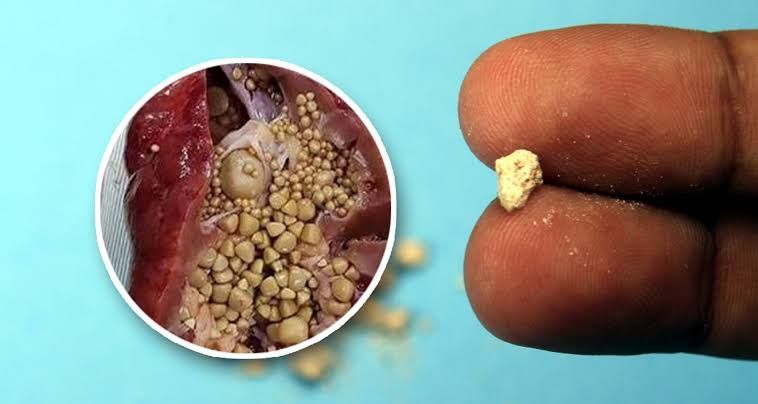
source
Causes:
Several factors contribute to the formation of kidney stones:
Dehydration: Insufficient fluid intake can lead to concentrated urine, promoting the crystallization of minerals and salts.
Dietary Factors: High intake of certain foods rich in oxalate, calcium, and purines, such as spinach, chocolate, nuts, and red meat, can increase the risk of stone formation.
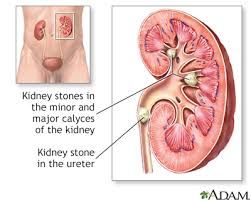
source
Genetic Predisposition: Family history of kidney stones can elevate an individual's susceptibility to developing them.
Medical Conditions: Certain medical conditions, including hyperparathyroidism, urinary tract infections, and cystic kidney diseases, can predispose individuals to kidney stone formation.
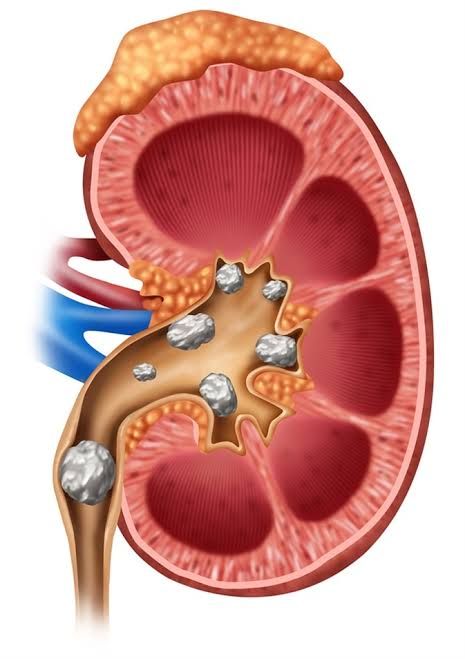
source
Medications: Some medications, such as diuretics and antacids containing calcium, may increase the likelihood of stone formation.
Symptoms:
The symptoms of kidney stones vary depending on their size, location, and whether they obstruct the urinary tract. Common symptoms include:
Severe Pain: The hallmark symptom of kidney stones is excruciating pain, often described as sharp and colicky, radiating from the flank to the groin area.
Hematuria: Blood in the urine, either visible or detected microscopically, is a common indicator of kidney stones.
Urinary Symptoms: Individuals may experience urinary urgency, frequency, and discomfort during urination.
Nausea and Vomiting: Nausea and vomiting can occur as a result of severe pain and irritation caused by kidney stones.
Fever and Chills: In cases of urinary tract infection associated with kidney stones, fever and chills may develop.
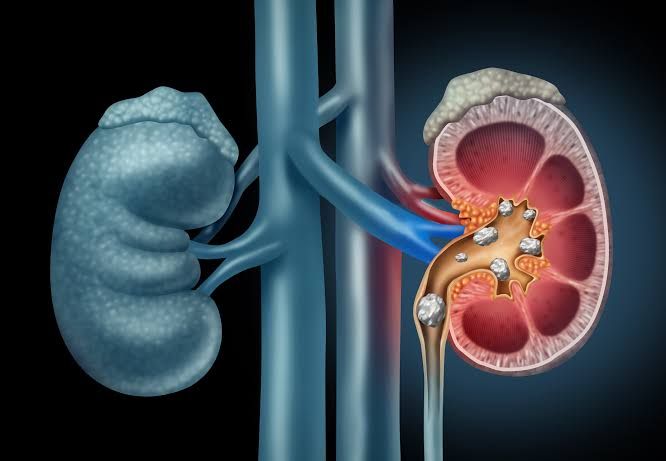
source
Remedies:
Hydration: Adequate fluid intake, particularly water, is crucial for preventing kidney stone formation. Aim to drink at least 8-10 glasses of water daily to dilute urine and flush out minerals.
Dietary Modifications: Adjusting your diet to limit foods high in oxalate, sodium, and animal proteins can help reduce the risk of stone formation. Increase consumption of fruits, vegetables, and whole grains.
Calcium Intake: Contrary to popular belief, consuming adequate amounts of calcium from dietary sources or supplements can actually lower the risk of kidney stones by binding to oxalate in the intestine and preventing its absorption.
Medications: Depending on the type and underlying cause of kidney stones, your healthcare provider may prescribe medications to prevent stone formation or facilitate their passage, such as thiazide diuretics, potassium citrate, or alpha-blockers.
Lifestyle Changes: Maintain a healthy weight, as obesity is associated with an increased risk of kidney stones. Engage in regular physical activity and avoid excessive consumption of alcohol and sugary beverages.
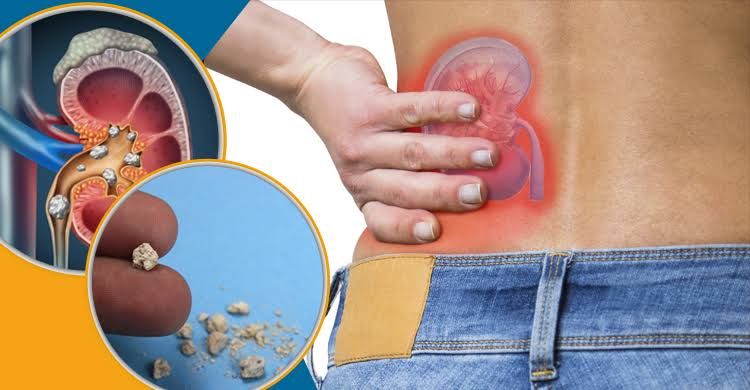
source
Medical Issues:
Complications: Untreated or recurrent kidney stones can lead to complications such as urinary tract infections, kidney damage, and chronic kidney disease.
Recurrent Stones: Some individuals may experience recurrent kidney stones despite preventive measures. In such cases, further evaluation by a urologist may be necessary to identify underlying metabolic disorders contributing to stone formation.
Surgical Intervention: Larger kidney stones or those causing significant obstruction may require surgical intervention, such as lithotripsy (shock wave therapy), ureteroscopy, or percutaneous nephrolithotomy, to fragment or remove the stones.
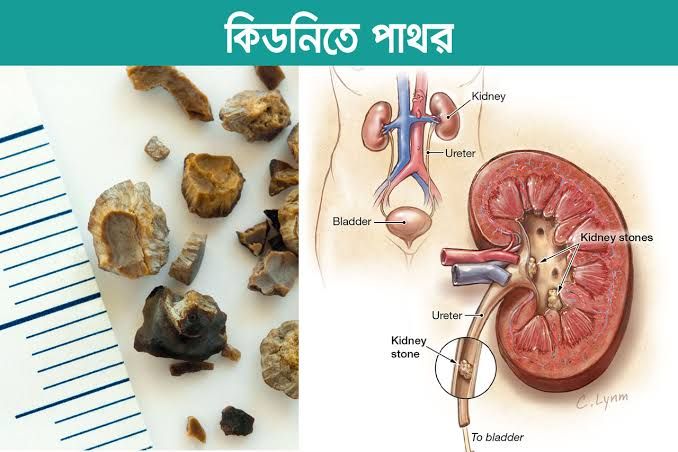
source
Pain Management: Managing pain associated with kidney stones is essential for patient comfort. Nonsteroidal anti-inflammatory drugs (NSAIDs), opioids, or alpha-blockers may be prescribed to alleviate pain and facilitate stone passage.
Preventive Strategies: For individuals with a history of recurrent kidney stones or underlying metabolic disorders, implementing long-term preventive strategies, including dietary modifications, medication adherence, and regular follow-up with healthcare providers, is crucial to minimize the risk of stone recurrence and complications.
source
Kidney stone disease is a common condition characterized by the formation of solid masses within the kidneys. Understanding its causes, symptoms, remedies, and medical issues is essential for effective management and prevention. By adopting lifestyle modifications, dietary changes, and appropriate medical interventions, individuals can reduce the risk of kidney stone formation and improve their overall urinary health. Early recognition and prompt treatment of symptoms are key to preventing complications and preserving kidney function.
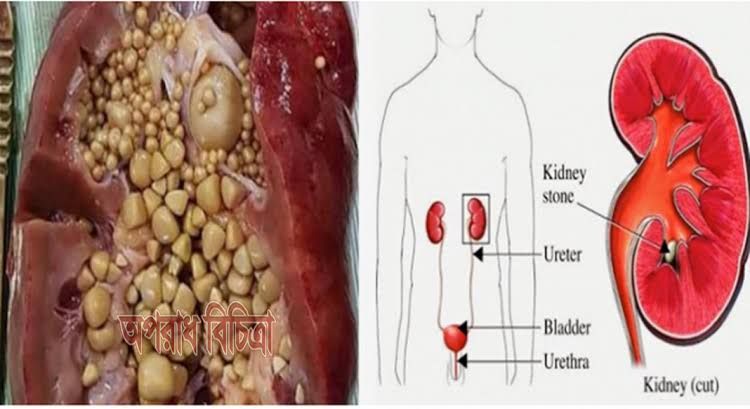
Upvoted. Thank You for sending some of your rewards to @null. Read my last posts to make sure that BLURT burning is profitable for you. Before using this bot please make sure your account has at least 100 BP. Get more BLURT:
@ mariuszkarowski/how-to-get-automatic-upvote-from-my-accounts@ blurtbooster/blurt-booster-introduction-rules-and-guidelines-1699999662965@ nalexadre/blurt-nexus-creating-an-affiliate-account-1700008765859@ kryptodenno - win BLURT POWER delegationNote: This bot will not vote on AI-generated content